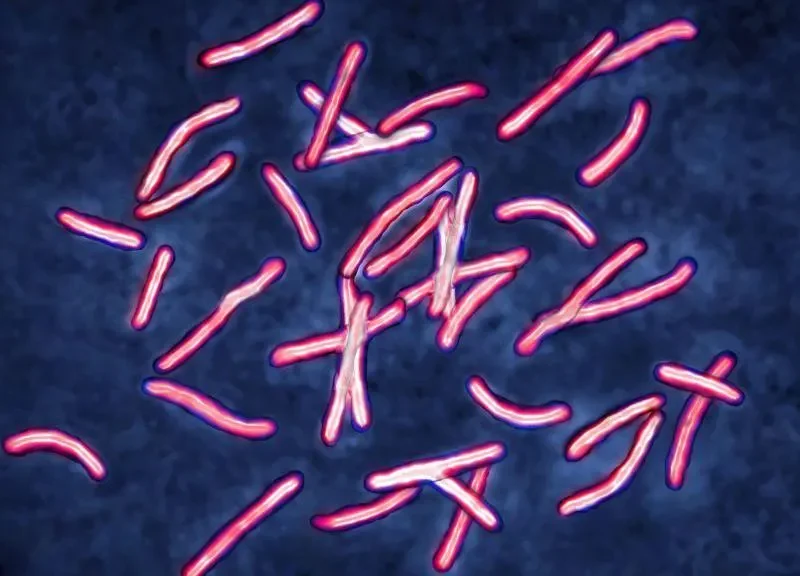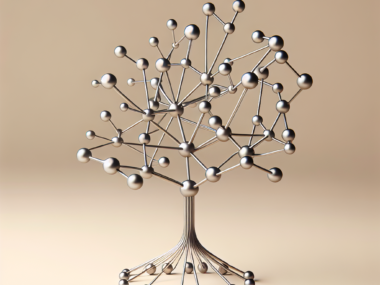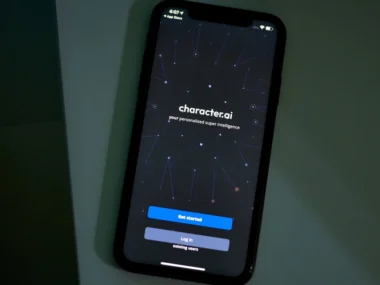An artificial intelligence (AI) tool has resolved a complex issue in just two days—one that microbiologists spent a decade investigating.
Professor José R. Penadés and his team at Imperial College London had dedicated years to understanding why certain superbugs resist antibiotics.
Using Google’s “co-scientist” AI, he provided a brief prompt outlining the core problem. Remarkably, the AI reached the same conclusion in just 48 hours.
Speaking to the BBC, he expressed his astonishment, as his findings were unpublished and not publicly accessible.
“I was out shopping and had to step away for an hour just to process it,” he shared on BBC Radio Four’s Today programme. Concerned, he even emailed Google to ask if it had accessed his computer—something the company denied.
The decade-long research also involved years of validation, but the team acknowledged that having the AI-generated hypothesis from the start would have significantly reduced their workload.
Professor Penadés revealed that the AI tool did more than just replicate his research.
“It’s not just that its top hypothesis was correct,” he explained.
“It also generated four additional hypotheses, all of which were logical.
“One of them had never occurred to us, and we’re now actively investigating it.”
Bugged by superbugs
The researchers have been investigating how certain superbugs—harmful bacteria resistant to antibiotics—emerge.
Their theory suggests that these superbugs acquire tails from various viruses, enabling them to spread across different species.
Professor Penadés compared this process to superbugs having “keys” that allow them to move between hosts, much like moving from one home to another.
This hypothesis was entirely unique to his team and had never been published or shared externally.
To test Google’s AI tool, Penadés provided it with this challenge.
In just two days, the AI generated several hypotheses—its top response aligning precisely with the team’s findings, describing superbugs acquiring tails in the exact manner their research proposed.
“This is going to revolutionize science.”
The role of AI remains a topic of debate.
Supporters argue it will drive scientific progress, while critics fear it may replace jobs.
Professor Penadés acknowledged these concerns, calling them a natural first reaction. However, he emphasized that AI should be seen as an exceptionally powerful tool rather than a threat.
The researchers involved believe AI will be highly valuable moving forward.
“I truly believe this will transform science,” Penadés said.
“This is something extraordinary, and I’m thrilled to be part of it.
“It feels like playing in a major tournament—like finally competing in the Champions League.”











